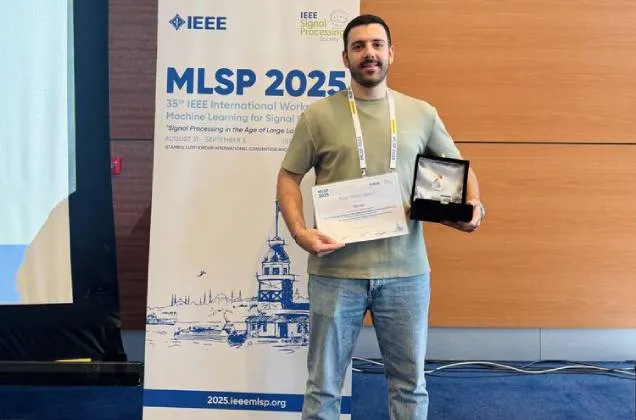25/09/2024
Akdes Serin Harmancı, a faculty member at Baylor College of Medicine and a graduate of Sabancı University, has made an important discovery that could help predict the life expectancy of patients with brain tumors.

Akdes Serin Harmancı, a Turkish scientist from the Department of Neurosurgery at Baylor College of Medicine and a graduate of Sabancı University, discovered with a group of researchers including Turkish scientists such as Arif Özgün Harmancı from the University of Texas that identifying specific tumor cells could play a key role in understanding patient outcomes. Focusing on gliomas, a common and aggressive brain tumor, the study found that tumors that contain both glial and neuronal cell characteristics are associated with better survival rates.
Dr. Harmancı stated that innovative profiling techniques called “patch array” allow for a comprehensive analysis of tumor cells, and added: “As a result of this profiling, we obtained information about the morphology, electrical activity and how active the genes in a single cell are. As a result of this profiling, we have a very large data set. We developed various algorithms and programs specific to brain tumors to make sense of this large data. Thanks to these programs and algorithms, we determined that some of these tumor cells have both glial and neuron characteristics.”

This advance is expected to not only improve survival estimates, but also lead to more personalized treatment options, such as drugs specifically designed for individual patients.
Their research, published in the prestigious journal Cancer Cell, has attracted attention in the medical community with its interdisciplinary approach. Harmancı emphasizes the role of artificial intelligence and large-scale data analysis in making sense of the huge data sets generated during their research. He emphasizes how the combination of biology, informatics, and artificial intelligence can revolutionize cancer treatment. The research team is optimistic that this discovery will pave the way for future clinical applications, especially in the development of targeted treatments for gliomas.
Harmancı, who completed his doctoral studies at the Max Planck Institute in Berlin and his postdoctoral studies at Yale University, also thanks the strong academic foundation he received in Turkey. He hopes that similar groundbreaking research can be conducted at Turkish universities with more support and collaboration. The study represents an important milestone for Turkish scientists in the global medical research arena and opens new doors for advances in cancer treatment.




